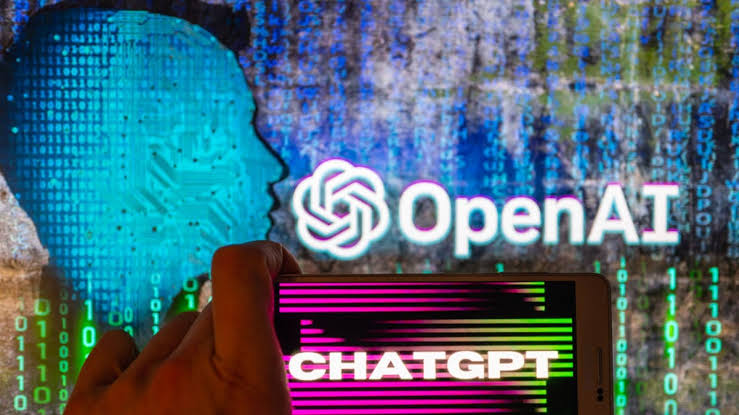New York City schools ban ChatGPT

New York, The Gulf Observer: New York City schools have banned ChatGPT, the artificial intelligence chatbot that generates human-like writing including essays, amid fears that students could use it to cheat.
According to the city’s education department, the tool will be forbidden across all devices and networks in New York’s public schools. Jenna Lyle, a department spokesperson, said the decision stems from “concerns about negative impacts on student learning, and concerns regarding the safety and accuracy of contents”.
ChatGPT was created by OpenAI, an independent artificial intelligence research foundation co-founded by Elon Musk in 2015. Released last November, OpenAI’s chatbot is able to create stunningly human-like responses to a wide range of questions and various writing prompts. ChatGPT is trained on a large sample of text taken from the internet and interacts with users in a dialogue format.
According to OpenAI, the conversation format allows ChatGPT “to answer follow-up questions, admit its mistakes, challenge incorrect premises, and reject inappropriate requests”.
Users can request rephrasings, summaries and expansions on the texts that it churns out.The decision to ban the chatbot in New York schools comes amid widespread fears that it could encourage students to plagiarize.
“While the tool may be able to provide quick and easy answers to questions, it does not build critical-thinking and problem-solving skills, which are essential for academic and lifelong success,” Lyle said.
Nevertheless, individual schools are still able to request access to ChatPGT for “purposes of AI and technology-related education”, she added.
Since New York’s announcement, OpenAI has tried to reassure teachers. The company told the Washington Post: “We don’t want ChatGPT to be used for misleading purposes in schools or anywhere else, so we’re already developing mitigations to help anyone identify text generated by that system.
“We look forward to working with educators on useful solutions, and other ways to help teachers and students benefit from artificial intelligence,” it added.
Last month, OpenAI’s CEO, Sam Altman, tweeted that ChatGPT is “incredibly limited, but good enough at some things to create a misleading impression of greatness”.
“It’s a mistake to be relying on it for anything important right now. It’s a preview of progress; we have lots of work to do on robustness and truthfulness,” he said, adding, “Fun, creative inspiration; great! Reliance for factual queries; not such a good idea.”The chatbot has so far proved to be divisive among educators.


